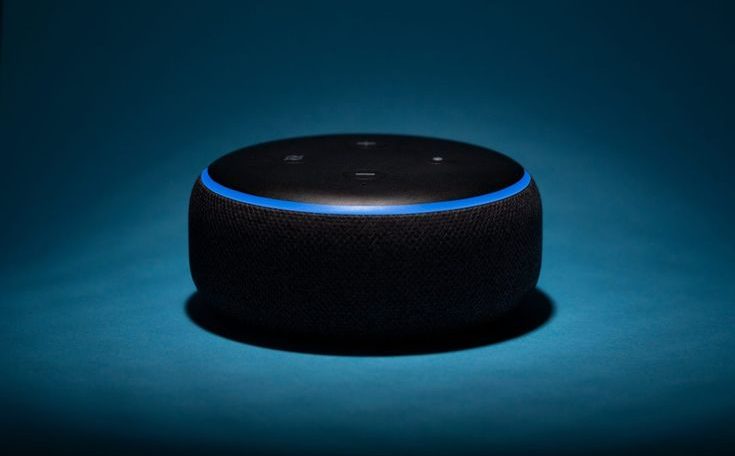
Introduction
The allure of a connected home, orchestrated by voice commands and intelligent devices, is undeniable. At the forefront of this revolution stands Alexa, Amazon’s virtual assistant, offering convenience, entertainment, and home management at your fingertips. However, as the digital world expands, so too do concerns about privacy and security. This article delves into the complexities surrounding Alexa and privacy, addressing common user worries and offering insights into safeguarding personal information within the smart home ecosystem.
Understanding the Concerns
The concept of a device constantly listening for wake words, such as “Alexa,” raises legitimate questions about what information is being collected and how it’s used. Users are concerned about:
- Data Collection: What information is being gathered beyond voice commands? Does Alexa record conversations, ambient noises, or personal data?
- Data Sharing: Is collected data shared with third-party companies or advertisers?
- Data Security: How is user data protected from unauthorized access or breaches?
- Device Security: Are Alexa devices vulnerable to hacking or misuse?
How Alexa Collects Data
To provide a comprehensive understanding, it’s essential to grasp how Alexa operates. Primarily, Alexa collects data through:
- Voice Commands: When you interact with Alexa, your voice commands are converted into text and sent to Amazon’s servers for processing.
- Device Interactions: Information about your Alexa-enabled devices, their usage, and performance is collected.
- Smart Home Data: If you integrate smart home devices, data about their operation and your interactions with them might be collected.
- Ambient Noise: While Alexa is designed to focus on the wake word, it’s possible that ambient noise is captured and processed.
Data Usage and Sharing
Amazon maintains that data collected through Alexa is primarily used to improve the service, develop new features, and personalize the user experience. However, the company also acknowledges sharing data with third-party service providers for specific purposes, such as cloud storage or speech recognition.
To address privacy concerns, Amazon implemented the following measures:
- Data Anonymization: Personal information is often anonymized before being used for research or statistical purposes.
- User Control: Users have the option to review and delete voice recordings.
- Data Minimization: Amazon claims to collect only the necessary data to provide the requested service.
Safeguarding Your Privacy
While Amazon has taken steps to protect user data, individuals can further enhance their privacy by adopting these practices:
- Limit Information Sharing: Be mindful of the information you share with Alexa. Avoid providing sensitive details like social security numbers or financial information.
- Review and Delete Recordings: Regularly review your voice recordings and delete those you don’t want stored.
- Disable Unnecessary Features: Turn off features like Drop In or Alexa Communications if you don’t use them.
- Secure Your Network: A strong Wi-Fi password is crucial to protect your smart home devices from unauthorized access.
- Update Software Regularly: Keep Alexa and connected devices updated with the latest security patches.
- Use Smart Plugs: Consider using smart plugs to control power to Alexa devices when not in use.
- Be Cautious with Third-Party Skills: Evaluate the reputation and privacy policies of third-party skills before enabling them.
The Future of Alexa and Privacy
As the technology evolves, so too will the privacy landscape. Expect increased transparency from Amazon and other smart home companies regarding data collection and usage. Additionally, advancements in privacy-preserving technologies, such as homomorphic encryption, may offer new ways to protect sensitive information.
Conclusion
The integration of Alexa into our homes brings undeniable convenience, but it’s essential to approach it with caution. By understanding how data is collected, used, and protected, users can make informed decisions about their privacy. While challenges remain, the ongoing dialogue between consumers and technology companies is crucial in shaping a future where smart homes coexist harmoniously with individual privacy rights.



